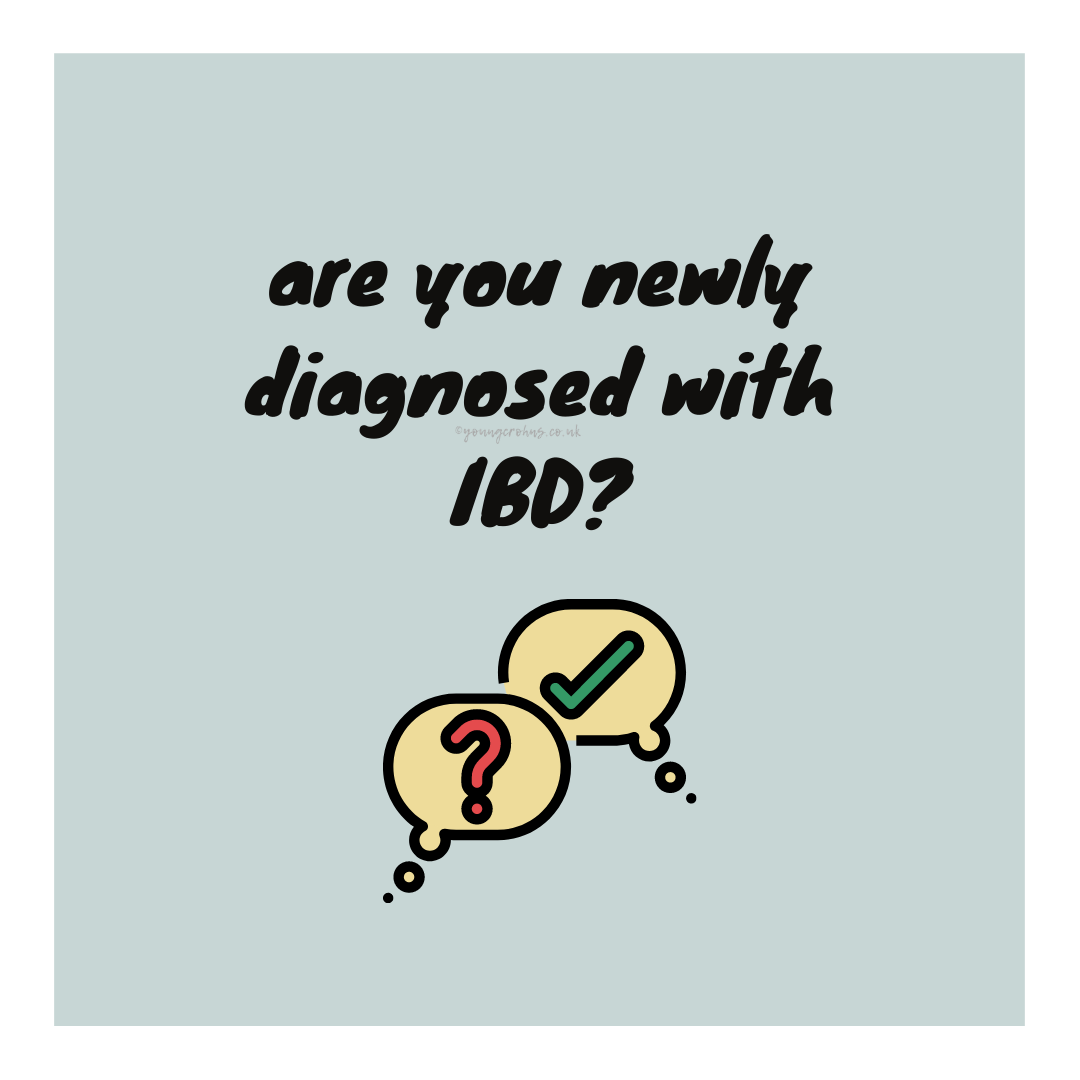I always get nervous … because I always wonder if I should or could go without my medication. It is not a matter of fighting for the funding like it has been before, but its more about how my body and disease will cope without medication. It is a catch 22 situation of whether I would be better off without it as it could be deemed unnecessary as I am…
Search results: MRI
-
-
“Will you always need check-ups for your IBD?”
Short answer: Yes. Long answer: Yes but here is why: Getting diagnosed with IBD for most is a great relief. It ends the months, even years, of needing answers but them being dismissed or ignored. But diagnosis is just the first step in a lifetime of appointments, scans, procedures and consults with a specialist team or several teams. IBD is a chronic, lifelong invisible illness. Those three words – chronic,…
-
“How different are scans when you have a bag?”
The most common way for IBD to diagnosed and monitored is via endoscopy. Unfortunately – or fortunately, depending on your viewpoint – a colonoscopy can only show so much of the bowel. If you have IBD of the colon or rectum, you are fine with having just a colonoscopy regularly. But those with small bowel Crohns disease [CD] often can’t have their condition monitored with a scope, as it will…
-
Newly Diagnosed
What should I do if my symptoms worsen whilst waiting for my first appointment? in case of emergency, contact 999 for urgent queries contact your GP or 111 for an increase in symptoms of your IBD contact the IBD advice line Join Crohn’s and Colitis UK (CCUK) The national charity for those affected by Crohn’s Disease and Ulcerative Colitis. It is an invaluable source of information and support from diagnosis,…
-
IBD Glossary
A Abdomen – the part of the body containing the digestive organs, including the stomach, small intestine, large intestine (including the colon), pancreas, liver and gall bladder. Abscess – a pus-filled area that becomes red, swollen and painful, usually in response to an infection. In people with Crohn’s, abscesses may form in the abdomen or in the anal and rectal area. Adalimumab (Humira) – a biologic drug used to treat…
-
I AM SCARED, despite being in such a joyous season
December always feels like the most scary month for me. I have no triggers or flashbacks for this month in particular, but there is such a drive away from routine and towards joy, that it makes it a hard time. The last time I felt like this was back in 2015. I had been having numerous issues across the spectrum of my IBD. They culminated in an increased feeling of…
-
Has my Bag Improved my IBD?
It is the week before surgery. I knew the closer we got to my date, I would begin pondering things. August has a tendency to bring up some pretty miserable memories, as well as great ones. I’m coming closer to the anniversary of my stoma surgery, a period in which I was the sickest I’ve been since having IBD. The days, weeks and months that followed that surgery, were filled…
-
Vedolizumab – Two Years On
Third Time Lucky Between October 2015 and September 2017, I started Vedolizumab three times. The first time – October 2015 until February 2016, I was the second patient – first female – at my hospital to receive Vedolizumab as it was only NICE approved that summer and available on the NHS from September. It was a definite bridging medication to get me into 2016 where we had time to develop…
-
Life Lately | Early September Madness
Oh hey, hi, hello. It seems my ‘updates’ have been falling under my month review for the last couple months, but this is something else; a significant update. I had a routine surgical check up with my surgeon in late August which we had planned in my care as just a way to better monitor my wound situation. When I last spoke, my wound was no longer being packed or…








